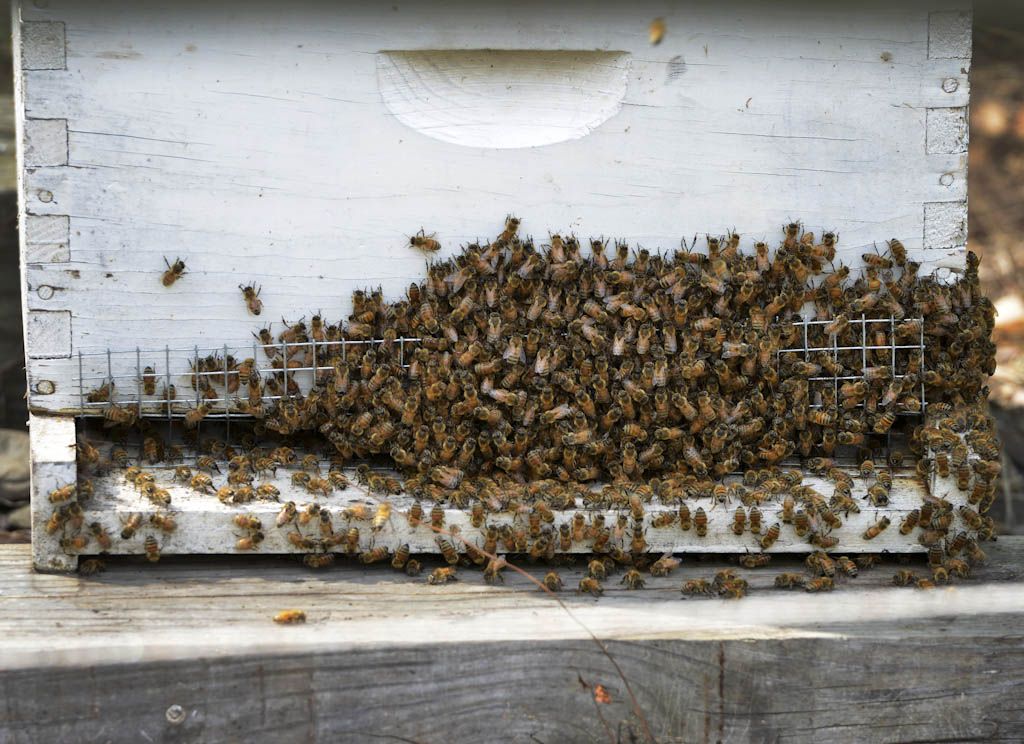As with our oceans, forests, and species across our lands, the planet’s insect populations are being reduced or altered to near-extinction by our policies and what we manufacture: in this case, pesticides.
A new book by British biologist and insect expert, Dave Goulson, “Silent Earth,” details the threats to our own survival arising from human policies, poisons, and the eradication of insects.
A study Goulson mentions warns that humans have harmed insects to the extent that 41% are now facing extinction. The yearly decline rate is 2.5% per year.
What are the impacts of this decline? Three-quarters of crops require pollination by insects. Without that pollination, we would have no apples, tomatoes, strawberries, pumpkins or coffee.
Additionally, “decomposer insects” are necessary for breaking down organic matter, from leaves to animal feces.
At the same time, birds and many animals eat insects, so that their disappearance would starve many wildlife species.
While living, many of these insects act as “mini-ecosystems engineers,” often essential for our food and even economies.
Goulson notes that in the United Kingdom alone, 27,000 species of insects live, many on “protected” land, but which is in fact used as farmland, too often using “the usual blizzard of associated pesticides.”
Rachel Carson’s 1962 book “Silent Spring” warned of the impacts of DDT, but Goulson alerts us to the fact that the newer pesticides are not safer” In the case of neonicotinoids, these newer pesticides are neurotoxic. They travel through entire plants so that insect pollinators may take on significant doses, of which it requires much less to kill a honeybee. As a result of these newer pesticides, bee nest sizes are smaller, the number of queens is reduced, and bees must survive reduced navigational abilities. And, these same pesticides travel into the soil, groundwater, and wildflowers.
In 2018, “all outdoor uses of the three main neonicotinoids were banned throughout Europe,” but Goulson alerts us to the fact that these pesticides remain widely used throughout the rest of the world.
And they remain part of flea treatments for pets. The recommended dose for a medium-sized dog is sufficient to kill 60 million honeybees.
Goulson makes the case, as have others with fossil fuel usage, that if we act now, we may well be able to save the planet and its range of life. Among the necessary steps he lists are reducing food waste and meat consumption, while turning to a predominantly vegetable diet. He sees the need for nations embracing gardens of wildflowers, birds, bees, and butterflies … organic vegetables … all free of pesticides.
He sees communities reducing mowing, digging ponds, constructing bee hotels, and community gardens, all to encourage pollinators and biodiversity. He urges adding composting, while reducing light pollution as well as pesticides.
Also beneficial would be reduced usage of fertilizers, while assisting farmers as they learn environmentally friendly approaches. And all of these steps would bring communities together – necessary if we are to come together to preserve our world.

